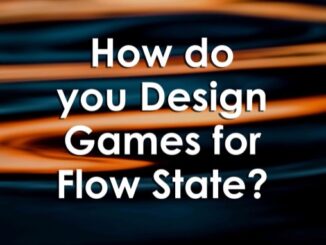
How do you Design Games for Flow State
Flow is a sought after experience in games – engaging and enthralling because players lose sense of time / space and are completely engrossed in the game world. […]

Flow is a sought after experience in games – engaging and enthralling because players lose sense of time / space and are completely engrossed in the game world. […]

A pile of random materials and two hours. “Go! Make a game!” For some, this is oxygen to the designer’s brain. For others, this type of design jam doesn’t work. […]

Often designers leave rulebooks till the end of the design process. However writing clear, concise, and actionable rules is more challenging than you may think. […]
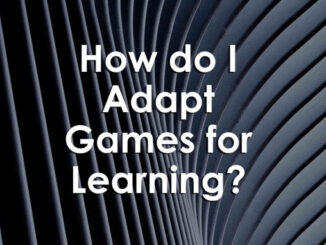
Games-based learning is the use of games as a medium for learning. As such, educators often need to adapt existing games as vehicles for teaching and learning. […]
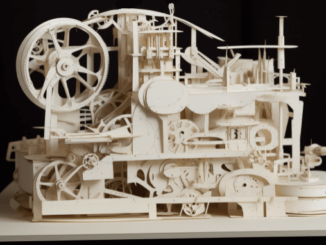
When we design a board game, the core mechanisms, and paper prototypes are the key to continuously providing feedback and improving the game, and making it fun. […]
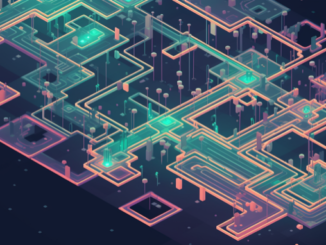
In game design, AI can be used for a range of purposes, at every stage from concept to implementation. This looks at the first stages – Concept to Prototyping. […]
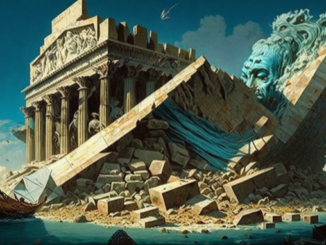
Can anything be a game? I think the answer is probably ‘Yes’, and I want to try out the idea that ‘real-life’, e.g. work, can be deliberately designed gamefully […]
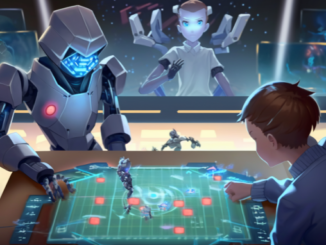
Midjourney and ChatGPT are powerful AI tools that have the potential to revolutionise both the game and learning design process. Let’s see what they can do. […]
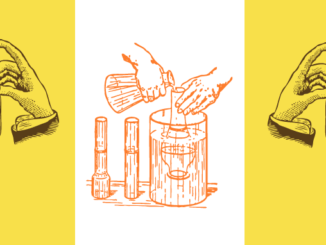
How do the use of game mechanics relate to learner engagement in the context of serious games? Does more game experience necessarily mean greater engagement? […]

This article looks at the use of game mechanisms in learning applications to support pedagogical goals such as outcomes, motivation, percerptions and engagement. […]
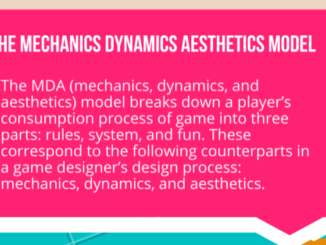
The MDA model breaks down a player’s consumption of the game into three parts, rules, system and fun. These correspond to Mechanics, Dynamics and Aesthetics […]
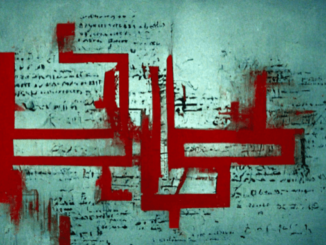
The need to find meaning has given us religious beliefs, creation myths and the scientific method, and many other staggering examples of creative imagination. […]

Educational games are designed explictly for education, whereas games-based learning claims that play and learning are the same
[…]
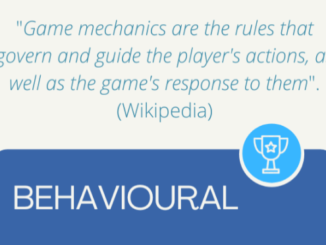
Game mechanics are the rules that govern and guide the players actions, as well as the game’s response to them. This post categorises those mechanics. […]

All the main steps that are needed to define the learning mechanisms in an educational serious game, from topic choice to use experience. […]
Ludogogy 2025